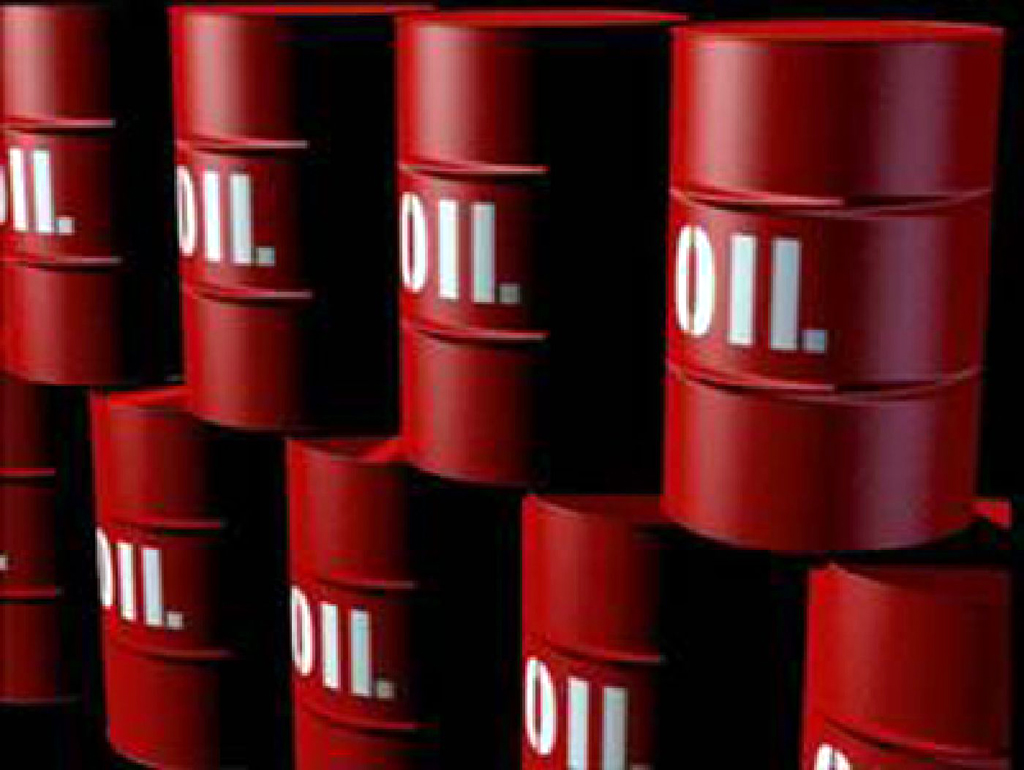
This shows how Riyadh is reluctant to boost oil supply too quickly and risk a price crash and a build-up in inventories, despite pressure from Washington to reduce oil prices.
US President Donald Trump has said he had called Saudi Arabia and OPEC and told them to lower oil prices, but he did not say whom he spoke to or when the conversations took place.
"Moderate requests have been received from customers for June liftings, which will all be met, most notably from countries which previously had waivers from sanctions against purchases of Iranian crudes that were recently discontinued by the US administration," the Gulf source said.
"Based on such requests, Saudi oil production for the month of June is expected to remain below its OPEC+ commitment, while exports will also stay under 7 million barrels per day."
The Gulf oil source also said that based on market conditions so far, current oil production level by OPEC and its allies should be sufficient to bring global oil inventories back to balance by the end of the year.
The Organization of the Petroleum Exporting Countries and its allies led by Russia, a group known as OPEC+, agreed to reduce output by 1.2 million bpd for six month.
They meet on June 25-26 to decide whether to extend the pact.
The June meeting comes amid concerns of a tightening oil supply because of US sanctions on Iran and Venezuela and another flare-up of fighting in Libya.
Outages in Nigeria and the contamination of Russian oil in a major pipeline to Europe have added to supply concerns and supported oil prices in recent weeks.
The United States has decided not to renew exemptions from sanctions against Iran granted last year to buyers of Iranian oil, taking a tougher line than expected.
Brent oil dropped below $70 a barrel on Wednesday, hurt by concerns about a deepening US-Chinese trade row, although persistent supply worries prevented a steeper price fall.
The Gulf source said demand for Middle Eastern crudes from North America continues to be soft due to lower refinery runs, high domestic production and refinery maintenance.
"Recent build in US oil inventories is in line with the seasonal trend, and is expected to reverse into a gradual draw over the next few months as refineries come out of maintenance and runs are ramped up in preparation for the driving season and introduction of IMO regulations," the Gulf source said, referring to new shipping fuel rules.
"OPEC+ countries are clearly committed to market stability as evidenced by high conformity in April and that they will respond to any actual shortage by increasing supply to the market once it materialises."